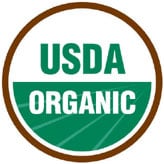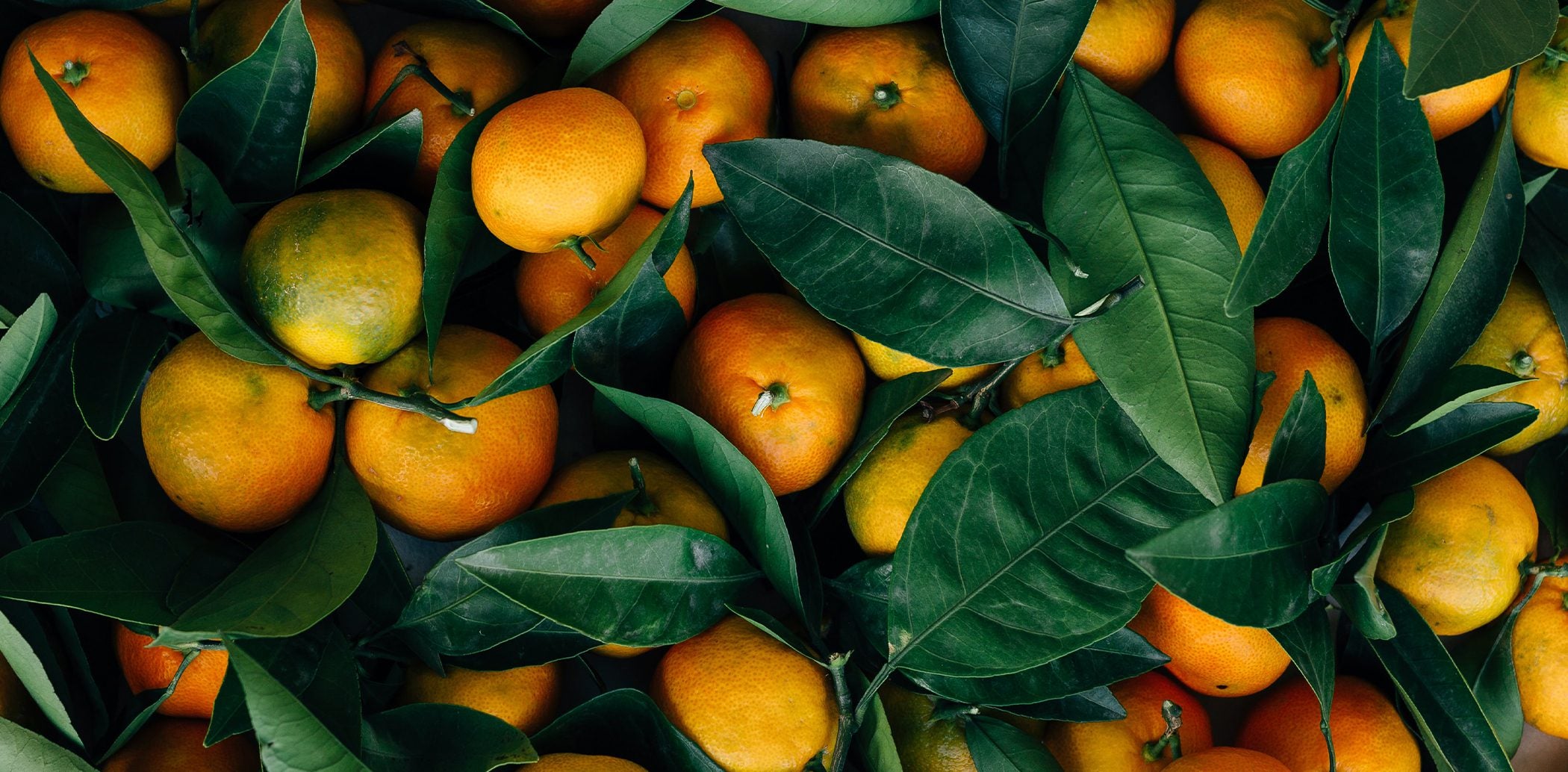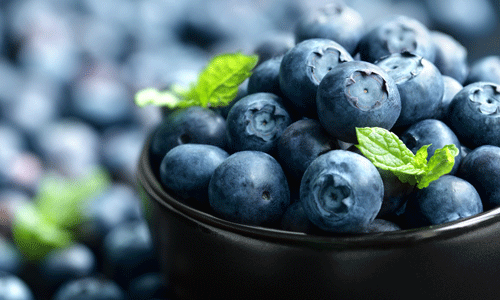Organic food refers to food products that are produced, prepared, and processed without the use of any chemicals. It means organic food production prohibits the use of chemical pesticides, chemical fertilizers, or chemical preservatives. Consequently, organic foods are increasingly gaining popularity because a greater portion of the population wants to know it’s benefits. The general public belief is that organic food is healthier compared to conventional ones, and it’s the primary reason for its increased demand over the past decade.
The choice of consuming organic foods is thus a growing trend in the world of today following the realization of healthy self-improvement needs. However, finding accurate facts about organic foods has always been confusing as people have varied opinions regarding its benefits as a whole.
Top 15 Health Benefits of Eating Organic Food
- Better overall health
Because organic food is not produced or processed by the use of chemical pesticides or chemical fertilizers, it does not contain any elements of toxic chemicals and may not affect human health in harmful ways. The use of natural techniques such as green manure to fertilize the lands and crop rotation in pest and disease control work absolutely well in producing safer, healthier, and smellier final food products. Besides, healthy foodstuff simply means healthy people and better nourishment for a better living for both people and animals.
- Antioxidant content
The positive effects of antioxidants on overall health have been established in a number of scientific studies, especially those derived from organic foods. This is because organic foods are free of foreign chemicals that normally react with vitamins, organic compounds, and minerals thus lowering the essential positive impacts of antioxidants in food products.
Recent studies propose that the consumption of organic food can contribute to more intake of nutritionally advantageous antioxidants and limited exposure to heavy metals. The positive impacts of antioxidants obtained from organic foods include the prevention of heart disease, cancer, vision problems, premature aging, and cognitive malfunction.
- Improved Heart condition
Exclusive grazing on natural grass increases the amounts of CLA (conjugated linoleic acid) found in animal products. The sun’s energy is well taken in by natural grass through photosynthesis and is converted into the most desirable organic CLA by the herbivores that feed on it. CLA is a heart-healthy fatty acid with the potential to bolster cardiovascular protection, and it is found in higher quantities in the meat and milk products of animals that have been pastured in free range.
- Antibiotic resistance
Humans are susceptible to various health issues and diseases, and most of the time they have to take precautionary measures to ensure they remain healthy. This is achieved by getting a variety of vaccinations and antibiotic drugs when a new strain of virus or bacteria is realized. Similarly, non-organic food sources (especially livestock and feeds) use vaccines, growth hormones, animal byproducts, and antibiotics to treat and feed the animals.
When humans consume non-organic food products, they indirectly consume antibiotics, growth hormones and vaccines which weaken immune systems on account of antibiotic, vaccine, hormones, and animal byproducts overdose. This may alter the immune system thereby rendering humans unable to defend themselves against diseases. The benefit of organic foods is that their production processes do not involve the use of antibiotics, growth hormones, animal byproducts, or vaccines.
- Better taste
Apart from nutrition, the mineral and sugar structures in organic foods are tasty because the crops are given more time to develop and mature. The use of natural and environmentally friendly agricultural production techniques is revealed to be the reason for the better taste in organic food products. It is commonly reported that the taste of organic vegetables and fruits are of higher quality compared to those that are conventionally grown.
- Pesticide cutback
Chemical pesticide consumption is linked to a variety of diseases and disorders namely cancers, digestive dysfunctions, headaches, ADHD, birth defects, weakened immune system, and even premature death. Organic foods are free of pesticides and that is why they are preferable for attaining a better overall health. As much as pesticides have the power of keeping certain pests away from the crops, they also have potent chemicals like organophosphorus.
These chemicals are unnatural and they are the mineral compounds that bring about several health abnormalities in humans. Organophosphorus, for instance, is associated with various developmental disorders such as ADHD and autism. Organic food products therefore offer a better healthy living, especially for children who are potentially affected by the pesticide toxins during their developmental ages.
- Stronger immune system
The traditional or industrial farming practices aim at enhancing production and farm output by all means necessary. For example, the notion of producing more cereals, more meat and bigger fruits through genetic modifications and use of growth hormones seems to solve some of the world’s food insecurity concerns. The effects are not yet visible, but in the long-term, the consequences are sensitivity to allergens and a major reduction in immune system strength.
By eating organic foods, the risks of decline in immune system strength are significantly reduced because organic foods are not altered at all. Furthermore, organic foods have quality and higher vitamin and mineral contents that help to strengthen the human immune system.
- Organic products are poison-free
Organic farming does not use any kind of dangerous chemicals to keep away pests and diseases. All the practices are natural and thus do not harm the consumer. Aspects such as biomagnification are lessened via the practice of organic farming as chemical pesticides, fertilizers, herbicides, and artificial growth hormones are all prohibited on an organic farm. Therefore, organic food products are free of contamination with health harming chemical substances.
- Consumption of highly nutritious food products
Organic food products such as organic meat, organic milk, organic fish, and organic poultry contain very high nutritional content because they do not contain modified ingredients compared to conventional agricultural food products. Another factor that makes them highly nutritious is that they are given time to develop and are provided with the best natural conditions for growth. The vitamin and


 Products certified 95 percent or more organic may display this USDA seal.
Products certified 95 percent or more organic may display this USDA seal.
 Organic products reduce public health risks to farm workers, their families, and consumers by minimizing their exposure to toxic and persistent chemicals on the farm and in food, the soil in which they work and play, the air they breathe, and the water they drink. Children are especially vulnerable to pesticides. Thus, offering organic food and fiber products into the marketplace gives parents the option of choosing products produced without the use of these toxins.
Organic products reduce public health risks to farm workers, their families, and consumers by minimizing their exposure to toxic and persistent chemicals on the farm and in food, the soil in which they work and play, the air they breathe, and the water they drink. Children are especially vulnerable to pesticides. Thus, offering organic food and fiber products into the marketplace gives parents the option of choosing products produced without the use of these toxins.